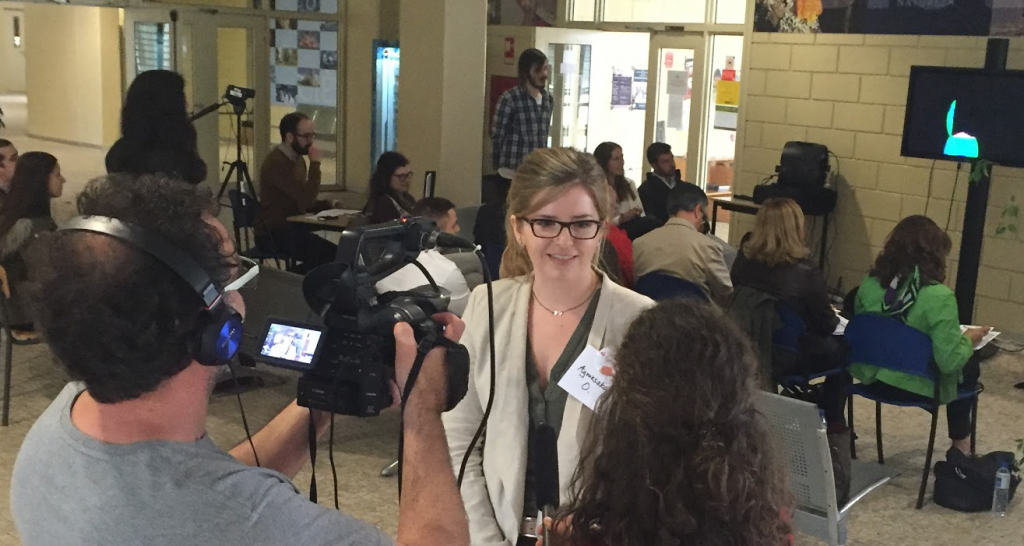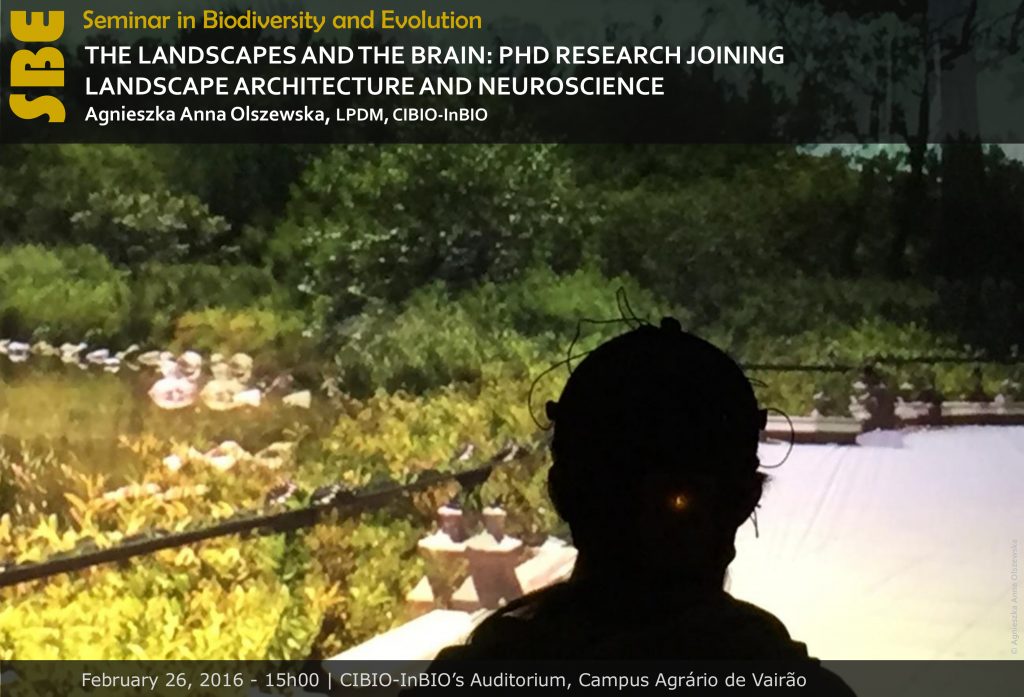Doctoral Thesis titled “ Contemplative Values of Urban Parks and Gardens: Applying Neuroscience to Landscape Architecture” has been defended!On 22 July 2016 the first PhD thesis joining together methods of neuroscience and landscape architecture has been defended at the Faculty of Science, University of Porto, Portugal. Agnieszka Anna Olszewska, author and founder of Neuro-Landscape managed Read More
Year: 2016
International Conference on Control and Automation, Athens, Greece
The first public presentation of the prototype of the Contemplative Landscapes Automated Scoring System (CLASS) was presented by our research team on the international IEEE conference in Athens, Greece between 21 and 24 of June.Watch a short report from this event and listen to the lecture given by our leading artificial intelligence and machine learning Read More
Finals of the National Business Plan Competition, iUP25k, University of Porto
Neuro-Landscape in the Finals of the National Business Plan Competition!As the idea of Neuro-Landscape and how it may serve people emerged, we felt a need of confronting it with the reality of the market. This is why we took part in the Business Plan competition organized by the University of Porto for its alumni students.The Read More
The Landscapes and the Brain Seminar, Vairão, Portugal, 2016
The latest seminar on the results of 5-year long studies on the contemplative landscapes and how do they influence the brain activity. Results of the experiment first time revealed in public in CIBIO Research Center, Vairão, Portugal. A very exciting moment for a PhD candidate (A.Olszewska) to present the findings of her doctoral research to Read More




